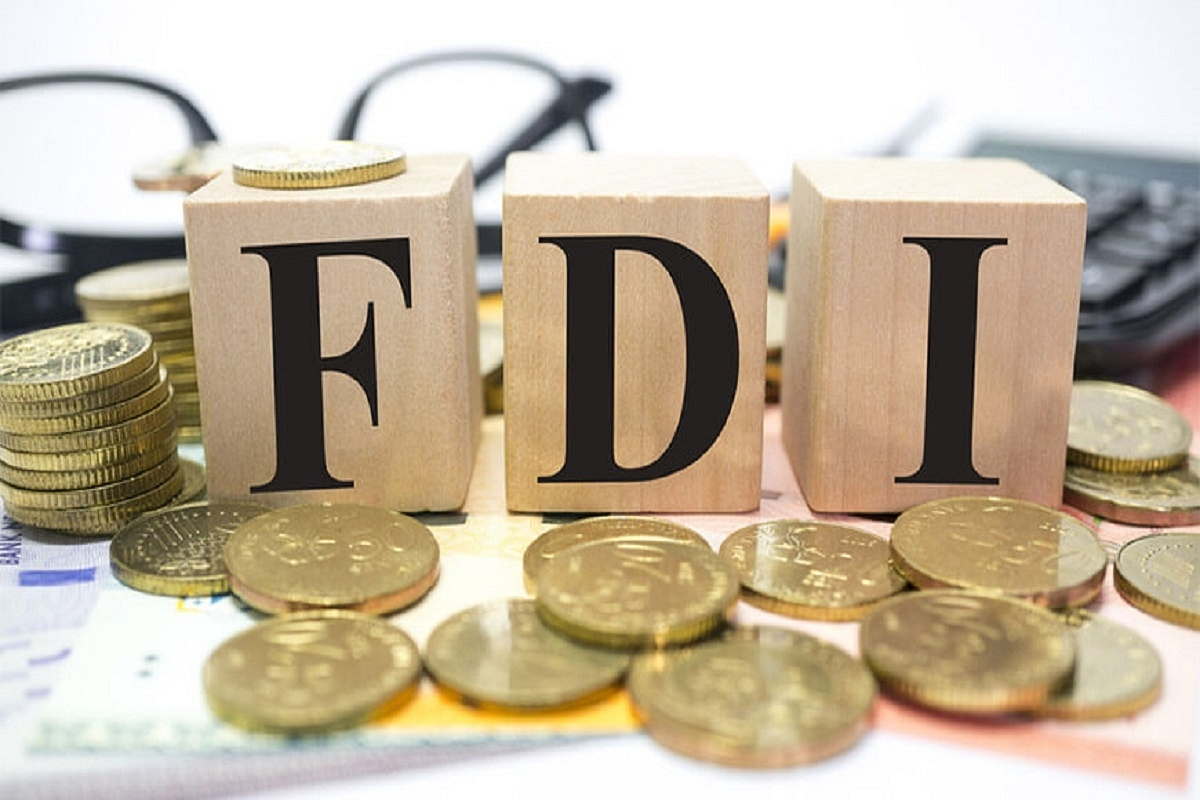Foreign Direct Investment in Nigeria Plummets by $19 Billion Over a Decade
In a recent presentation to top business leaders in Lagos, the Minister of Finance and Coordinating Minister of the Economy, Wale Edun, revealed a stark decline in Foreign Direct Investments (FDI) into Nigeria. According to Edun’s presentation, FDI fell from $22.7 billion in 2014 to a mere $3.7 billion in 2023, marking a significant $19 billion decrease over the span of ten years.
The presentation took place at the Lagos Business School Breakfast Club, a platform designed for C-suite executives to gain valuable insights into the business environment efficiently. Edun addressed key economic challenges facing Nigeria and outlined the government’s strategies to address them.

Edun emphasized the government’s focus on enhancing foreign exchange supply through increased FDI and Foreign Portfolio Investments (FPI). He underscored the importance of attracting foreign investments to stimulate economic growth, create employment opportunities, and alleviate poverty.
Highlighting the historical trajectory of FDI, Edun noted a consistent downward trend over the years. While there were marginal increases in certain periods, the overall trend reflected a decline. He also announced the government’s plans to issue domestic bonds denominated in foreign currency to bolster foreign exchange reserves and stabilize the national currency.
However, despite efforts to attract foreign investment, challenges persist. Edun acknowledged the reluctance of foreign investors to engage with Nigeria’s economy due to factors such as inflationary pressures in Western countries and tight monetary policies. He stressed the need for innovative solutions and partnerships with the corporate sector to drive economic growth and development.
The decline in FDI underscores the urgency for Nigeria to revitalize its investment climate and enhance investor confidence. As the government seeks to implement President Bola Ahmed Tinubu’s economic agenda, the focus remains on fostering a conducive business environment that attracts both domestic and foreign investments.
While Nigeria has secured significant investment commitments in recent months, translating these pledges into tangible economic gains will require sustained efforts and collaboration across sectors. As the nation navigates economic challenges, the quest for sustainable growth and prosperity remains paramount.

















